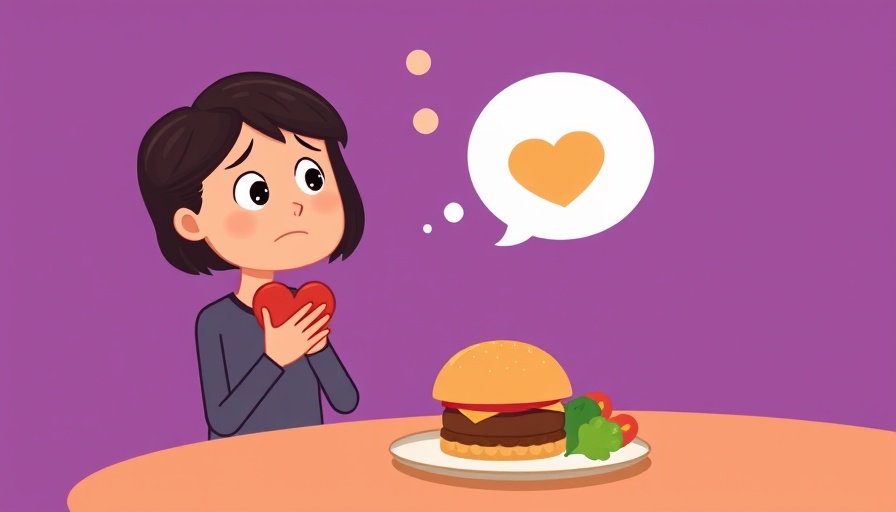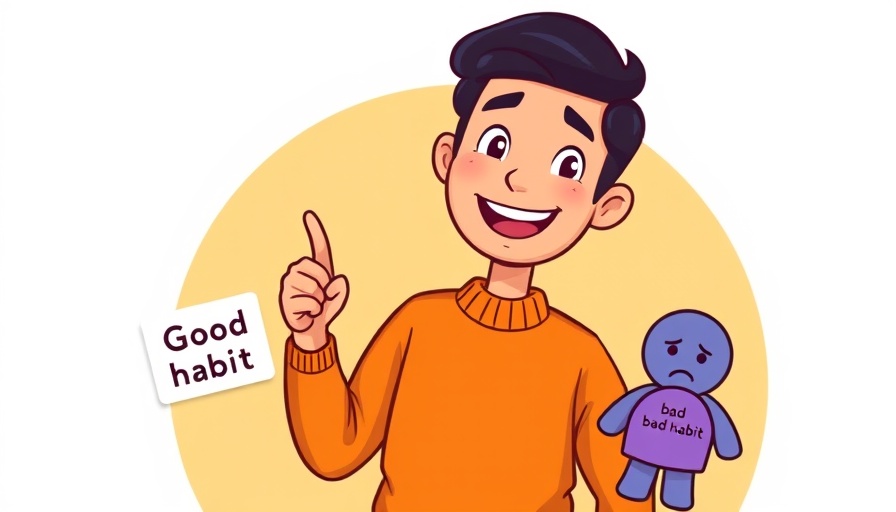
When Good Intentions Go Bad
It’s no secret that our relationship with food can be complicated, and sometimes our attempts to "be good" can backfire. For many, food is not just sustenance; it's intertwined with emotions, identity, and our childhood experiences. Roni Davis' reflections on her early experiences with food and acceptance reveal how deeply ingrained societal norms can shape our relationship with eating. Seeking to embody goodness through precise dietary choices can quickly spiral into harmful behaviors, like binge eating, triggering a toxic cycle of guilt and shame.
The Perils of 'Clean Eating'
As a society, we often equate food choices with moral values. The idea that certain foods are "bad" or "good" creates unrealistic standards. These concepts can lead to an obsessive mentality towards eating. Many individuals start to micromanage their food intake, becoming hyper-aware of every calorie and nutrient. Ultimately, this over-regulation can lead to emotional distress. Instead of fostering health, it stunts emotional growth, transforming food into a source of anxiety rather than nourishment.
Understanding the Emotional Underpinnings
The emotional connection between food and self-worth can start in childhood but lasts into adulthood. Roni’s story highlights how early experiences of acceptance and validation can anchor our current behavior towards food. In a culture that exalts thinness and puts a premium on "clean eating," many find themselves trapped in cycles of deprivation and indulgence, mistaking weight loss for worth. The illusion that discipline equates to health or love can be incredibly damaging; our bodies may rebel against these restrictions, leading us to binge or feel shame.
Breaking Free From Harmful Diet Trends
It’s essential for personal growth to break free from restrictive dieting norms and embrace a more intuitive approach to eating. Instead of adhering to rigid rules, one can learn to listen to one's body and honor its needs. A healthier relationship with food is achieved through understanding that balance, rather than absolutes, promotes long-term health and wellbeing. By integrating sustainable practices that prioritize mental and emotional health, individuals can shift their focus from guilt to gratitude around food.
Practical Steps Towards Healing
If you find yourself obsessing over food choices, consider these actionable tips:
- Begin with awareness: Keep a journal of your food intake and emotional state. Identify patterns that make you feel guilty or anxious.
- Challenge food rules: Start by allowing yourself to enjoy "forbidden" foods without guilt.
- Seek support: Join a community or work with a personal development coach focused on building healthy habits.
Final Thoughts on Personal Development Through Food
As we reflect on our food choices, it becomes clear that nourishing our bodies should not come at the expense of our mental and emotional wellbeing. Engaging with our food as a means of self-care rather than punishment paves the way for personal growth. Learning to approach food mindfully and lovingly can truly heal the rift that many face between their self-image and dietary choices.
 Add Row
Add Row  Add
Add 




 Add Row
Add Row  Add
Add 

Write A Comment